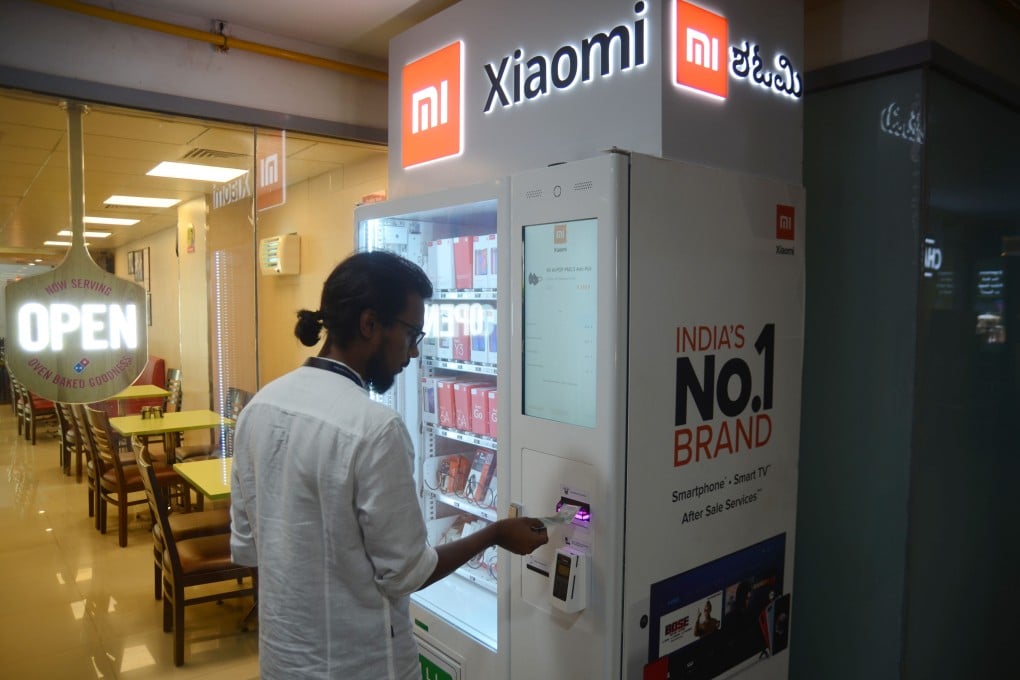Opinion | India’s crackdown on Chinese phone makers is just the first step in its economic development strategy
- Emboldened by US support, India is targeting Chinese smartphone companies after benefiting from their capital and technology
- But India’s economic nationalism is not new and once its other industries have matured, more foreign corporations can expect the same fate

This was followed by more foreboding news. On June 13, Indian newspaper The Economic Times quoted sources saying the government has asked Chinese mobile phone makers in the country, including Xiaomi, Oppo, Realme and Vivo, to appoint locals to key corporate positions, such as the chief executive, operating, financial and technical officers. They were also reportedly asked to appoint Indian contract manufacturers and local distributors.
This approach disregards international law and basic commercial principles.
India is becoming known as a graveyard for foreign companies. In addition to Chinese firms, multinationals such as Amazon, Walmart, Vodafone, Nokia, Samsung and Google have either suffered regulatory setbacks in the Indian market or been subject to huge fines.
From 2014 to 2021, as many as 2,783 foreign companies and their subsidiaries ceased operating in India.
